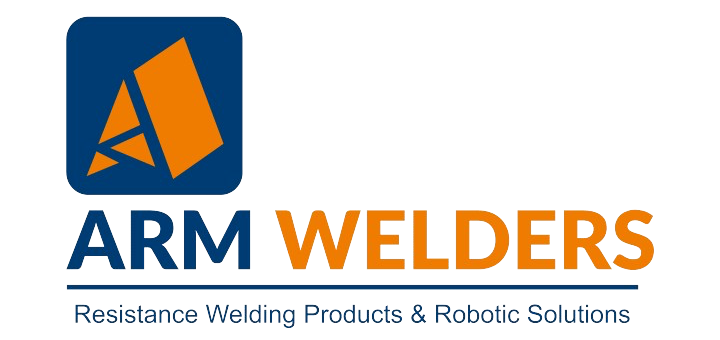Robotic Process Automation (RPA) refers to the use of robots / machines to automate repetitive tasks traditionally performed by humans. In the context of welding, RPA involves the use of robotic systems to handle tasks such as spot welding, arc welding, and complex weld seam operations. These robots can ensure consistent, precise results, bettering the efficiency and quality of welding processes.
Key Benefits of Integrating RPA in Welding
● Increased Productivity
One of the most significant advantages of integrating RPA into welding is the substantial boost in productivity. Unlike human workers, robots can operate continuously without breaks, holidays, or shifts. This uninterrupted operation means that production lines can run 24/7, significantly increasing the overall production capacity. Additionally, robotic process ensures that the tasks are performed consistently and ensuring production deadlines are achieved as designed.
● Enhanced Precision and Consistency
Precision and consistency are critical in welding, as even minor variations can affect the final product. Robots excel in performing repetitive tasks with high accuracy. They can place welds with exact precision, ensuring uniform quality across all parts. This level of consistency improves the overall quality of the welded products and also reduces the chances of defects and the need for costly rework.
● Cost Savings
While the initial investment in robotic systems can be a lot, the long-term cost savings are significant.
- Robots give consistent output and productivity as designed to ensure that factory operates at maximum productivity and profitability.
- They also minimise material waste by ensuring precise welds and zero defects reducing rework and rejection of components.
- Consistent quality output from the process increases quality levels towards zero PPM production. This increases the brand value to the end customer resulting in future Growth and scalability.
● Flexibility and Scalability
Robotic systems offer a high degree of flexibility and scalability. They can be quickly reprogrammed to handle different welding tasks, making it easy to adapt to changing production requirements. The robots can be easily programmed for various components which can be grouped togther for high uptime of the robots. Also in ever changing environment, the same robots can be used for new products / welding tasks.
Data Collection and Analysis
Modern robotic welding systems have advanced IOT Industry 4.0 software that collect data on various aspects of the welding process. This data along with AI can be analysed to optimise operations, predict maintenance needs, and ensure consistent weld quality. This information helps manufacturers identify areas for improvement, simplify processes, and maintain high standards of quality control. Using real-time data helps predict maintenance needs and avoid sudden breakdowns, reducing downtime.
Future Trends
The future of robotic welding is promising, with several advancements coming up:
- AI-Driven Control Systems: The integration of artificial intelligence (AI) into robotic welding systems will enable more sophisticated control and automation. AI can optimise welding parameters in real-time, adapt to varying conditions, and improve overall efficiency.
- Collaborative Robots (Cobots): Cobots are designed to work alongside human workers, combining the strengths of both. In welding, cobots can assist with complex tasks, enhance precision, and improve productivity while ensuring safety.
- Advanced Sensing for Real-Time Monitoring: Enhanced sensing technologies will provide real-time monitoring of welding processes. This will allow for immediate adjustments, ensuring optimal weld quality and reducing the likelihood of defects.
- Sustainability Initiatives: As industries focus on sustainability, robotic welding systems will use energy-efficient technologies. This includes reducing energy consumption, minimizing waste, and adopting eco-friendly materials and practices.
Conclusion
Brining Robotic Process Automation in welding brings numerous benefits, including enhanced productivity, precision, safety, and cost efficiency. As technology advances, RPA will play an increasingly important role in optimising manufacturing processes. It is essential for industry professionals to stay informed about these developments, continuously update their skills, and embrace automation to remain competitive.
About Arm Welders Pvt. Ltd.
Arm Welders Pvt. Ltd. is an India-based global resistance and spot welding manufacturing company. With a keen eye for technical innovation, the company is also a frontrunner for Robotic Automation in a plethora of sectors. Arm Welders product range has been approved for use by large automotive OEMs in both domestic and international markets. With a historic legacy of 45 years and a futuristic vision, Arm Welders continues to grow its global footprint with exceptional technology and quality manufacturing.
